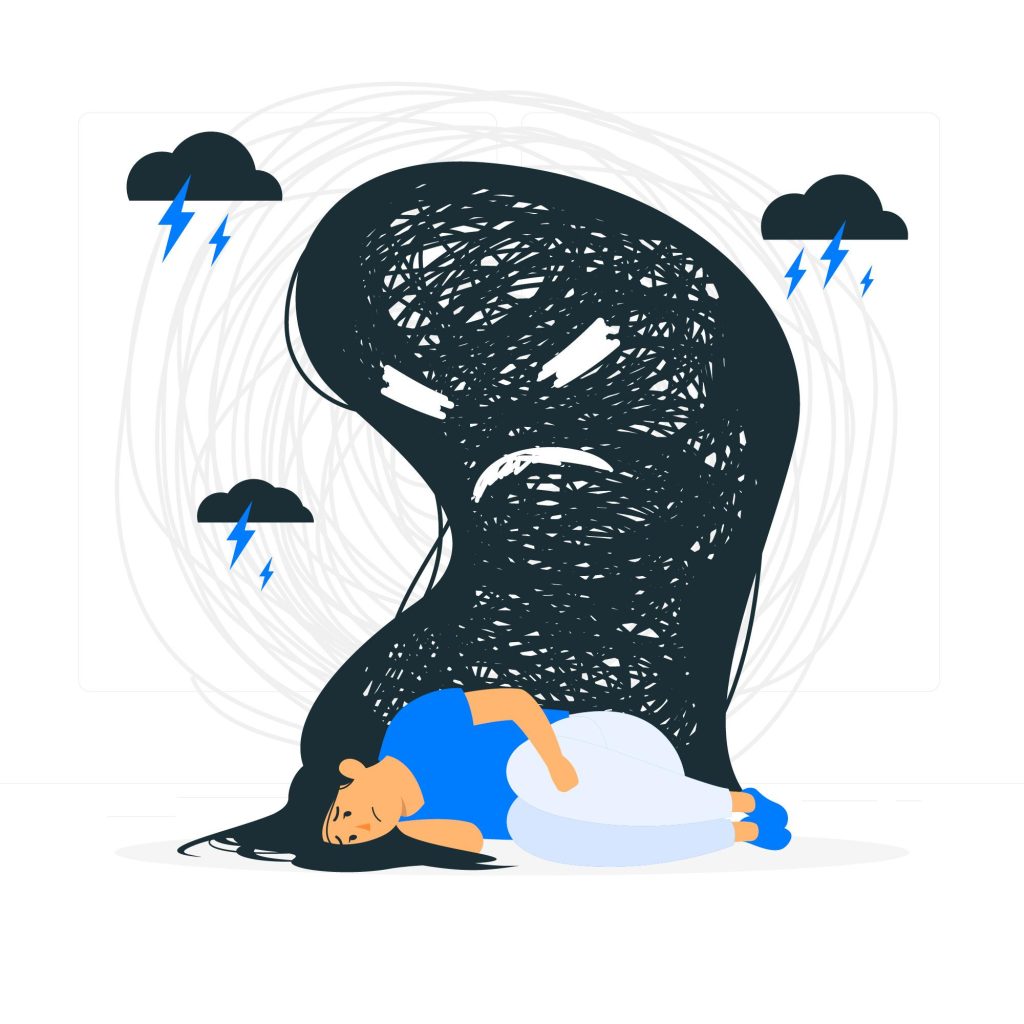
Therapy for Depression
Having depression can often feel isolating, exhausting, and daunting at the same time. Your journey through depression can feel easier with a little bit of help.
We are here for you.
35000
Sessions
22+
YEARS EXPERIENCE
500000+
LIVES IMPACTED
What Is Depression?
Depression is a persistent feeling of sadness and hopelessness.
We all have our bad days where we feel sad or low. However, with depression, it may feel like your sadness or anger has no reason, and it can get difficult to enjoy things you used to like.
Depression can feel scary, confusing, and can make you feel like you are alone in this journey. We understand how depression can isolate you and feel like there is no silver lining. However, depression can be managed and treated by seeking professional help through counseling.
What Causes Depression?
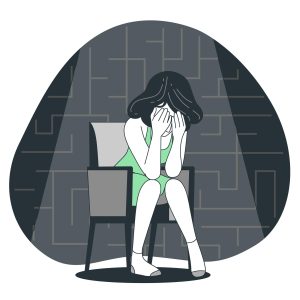
Depression is a complex condition that has a myriad of reasons causing it. There can often be a single defining reason behind depression, like a single traumatic event. For others, it is a mix of multiple factors, ranging from genetics, personality factors, to underlying medical conditions.
Here are some common reasons behind depression:
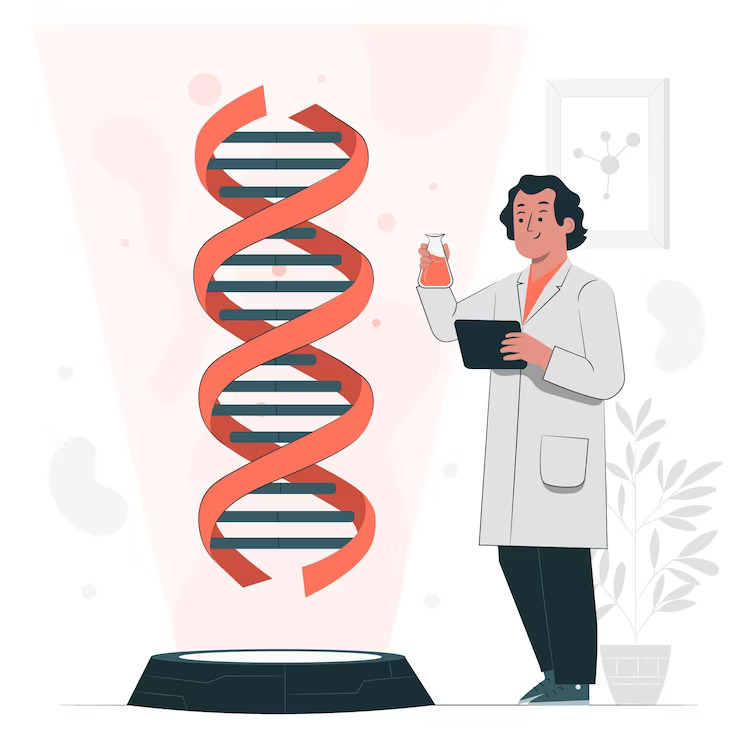
Biological Factors
Depression can be inherited from your family. Having close relatives with, or a family history of depression could indicate a higher chance of you having depression.

Stressful Life Experiences
Significant shifts or changes in life can bring about stress, hopelessness, and can lead to depression. For instance, marriage, divorce, losing a loved one, having a financial crisis- these events can cause immense stress and depression.

Childhood Experiences
Experiencing abuse and neglect from parents in childhood can put you at a higher risk developing depression. Other childhood experiences such as abuse and bullying can also increase your chances of having depresion.
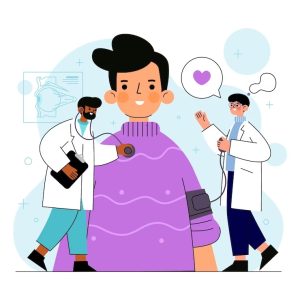
Medical Conditions
Certain medical and physiological conditions such as hormonal issues, chronic pain, and other diagnoses can cause depression.
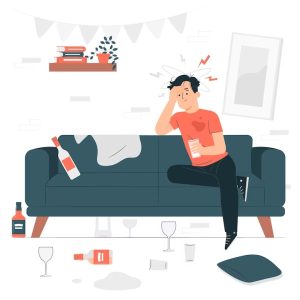
Substance Use Issues
Substance abuse can worsen depression symptoms and people often use it to alleviate their depression symptoms.
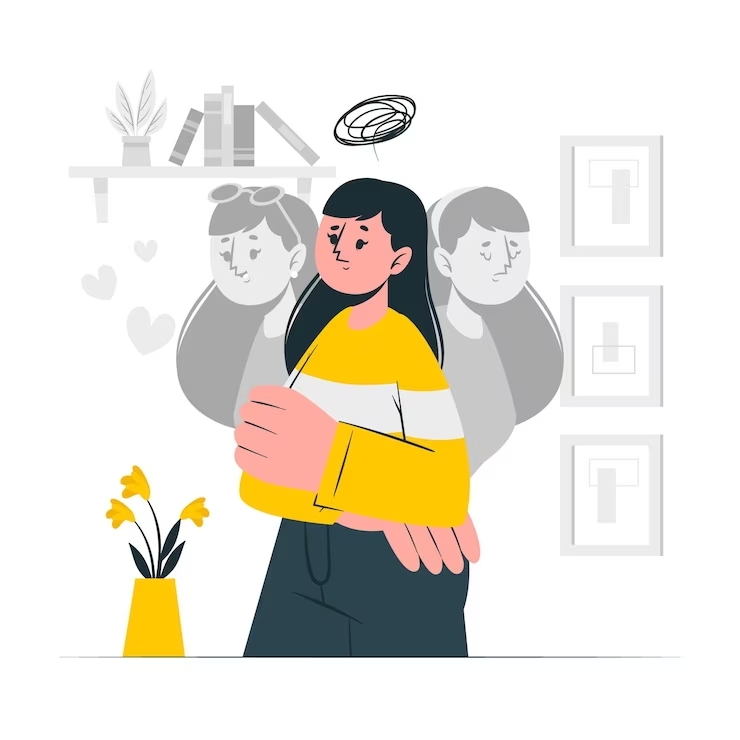
Personality Traits
Personality traits, or our nature, can also contribute towards depression. If you are usually a nervous person, or if you are prone to worry, or if you tend to be perfectionistic, you may develop depression.
Symptoms Of Depression
The symptoms of depression can show up in the form of physical, mental, and emotional symptoms.
Your experience with depression can look completely different from another individual’s depression. Therefore, seeking help through a counselor can help you identify your symptoms and start your journey towards overcoming your anxiety.
Depression manifests itself through a wide range of symptoms and behaviours. Depression can be a challenging, isolating experience for you. Managing the various physical, emotional, and mental symptoms requires professional guidance. Hence, Counseling is an effective tool to manage these symptoms by addressing the root cause of your depression.
Physical Symptoms of Depression
- Changes in food habits: Eating too much, or too less
- Changes in sleep pattern: Sleeping too much, or too less
- Random pains, body aches, stomachache, and headaches with no explanation
- Anxiety, worrying too much about things that have happened or may happen
- Crying excessively, or finding it difficult to cry
- Sleep Issues
- Tiredness
Mental and Emotional Symptoms of Depression
- Feeling lost and hopeless
- Feeling angry
- Feeling like you loathe yourself
- Finding it difficult to concentrate and pay attention to people and things around you
- Difficulty in decision-making
- Engaging in reckless behaviour
- Having thoughts or engaging in self-harm or suicidal behaviours
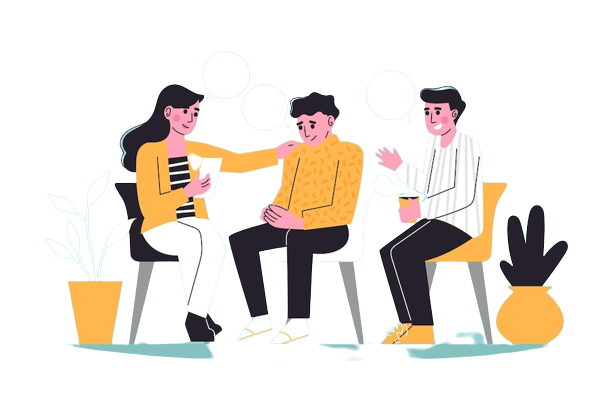
Contact Us For Online Therapy For Depression
Online Counseling for Depression can be a great opportunity for you to work towards creating a more balanced, happier life for yourself.
We are here for you.

Benefits Of Opting For Therapy For Depression
Online Therapy helps you tackle depression in countless ways, primarily by managing your symptoms, and improving your quality of life. Some other noticeable ways therapy can help you are:
Some people may have recurring episodes of depression. Therefore, therapy can help you be prepared for such instances.
*Online therapy for depression is helpful if you do not have severe symptoms. If you are feeling actively suicidal or violent or are losing weight, having severe sleep deprivation and no motivation to live, then seeing a psychiatrist and meeting a therapist in-person is recommended. We also suggest you to reach out a Suicide Helpline Number.
How We Can Help You Find The Right Counselor
Our therapists are all trained psychologists qualified in helping people work through their difficulties. We work with individuals across different populations. We use an eclectic range of psychotherapies from solution oriented to insight oriented to holistic meditative approaches, depending on the need and comfort of the clients.
How To Book Online Therapy For Depression With Inner Space
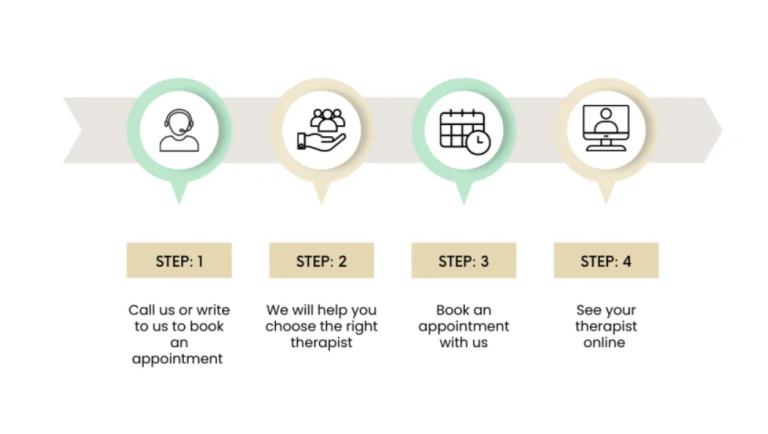
"What Our Clients Say about Our Online Counseling Services"





Take The First Step Towards Healing Today!
If you feel you or a loved one may be experiencing depression, you can seek help by scheduling an appointment with our Therapists by reaching out to us through the links below.
FAQs for Online Counseling & Therapy for Depression
The use of medication to treat depression will depend on your specific situation and the severity of your symptoms. Some people find that therapy alone helps manage their depression, while others may need to take medication along with therapy. Medication can help balance chemicals in the brain that affect mood, but it can take a few weeks to start working. It is best to work closely with a mental health professional to determine the best treatment plan for your needs and monitor any medication use carefully.
Sadness is a normal emotion that everyone experiences from time-to-time. The main characteristic about sadness is that it goes away with time, and doesn’t impact your daily functioning.
Depression on the other hand, is a disorder that includes feelings of sadness and hopelessness for prolonged periods of time. It affects multiple areas of life, such as the emotional, social, physical, and cognitive aspects. While sadness may be related to a particular event, depression may not be attributed to one, single issue. It requires professional support.
If you feel like the sadness you are experiencing isn’t going away with time, and starts impacting multiple areas of your life, seeking help is a good idea.
All our therapists are qualified psychologists with a post graduate degree in clinical or counseling psychology. We do not hire people with diplomas or short-term training courses. They are all personally interviewed and hired by our founder Sadia Saeed who is a trained clinical psychologist and has been practicing for over 23 years. She not only ensures their qualification but also verifies their therapeutic approach. We believe it is very important that our therapists come from a supportive and exploratory therapeutic approach rather than an advisory one.
Depression symptoms are unique to every person, and can vary in severity. Hence, it is very difficult to establish a timeline for healing. Also, people taking therapy for depression have different patterns and motivation levels which also impact the time taken to create shifts.
Taking a few sessions with your therapist can help you and your therapist decide how frequent your sessions need to be and how long it is likely to take.
If you are experiencing active thoughts of suicide, you may require immediate support and help. Therapy for depression is more long-term, and is more aligned to dealing with mild to moderate depressive conditions. If you are in a state of emergency or crisis, we urge you to contact a crisis prevention helpline or seek offline therapy.



